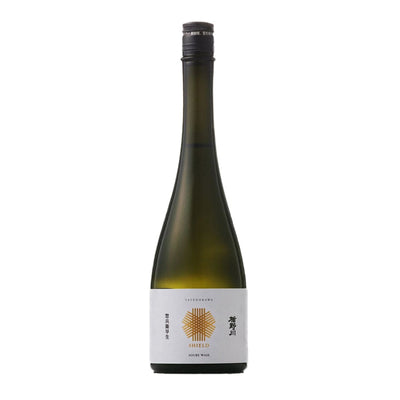
About Shimane Prefecture
Shimane Prefecture, situated along the Sea of Japan in the Chugoku region, is a hidden gem that beautifully balances nature, history, and culture. Known for its tranquil landscapes, Shimane offers a serene escape from Japan's more bustling areas, with its rugged coastline, lush mountains, and peaceful rural villages defining much of the region’s charm.
Shimane's historical significance is profound, particularly in its role as a spiritual center. The prefecture is home to Izumo Taisha, one of Japan's oldest and most important Shinto shrines, and Matsue Castle, a well-preserved symbol of Japan's feudal past. The region's deep connection to folklore and mythology, especially through the ancient Izumo Province, adds a mystical allure to its history. The prefecture's culinary landscape is equally compelling, with local delicacies such as Izumo soba, made from buckwheat grown in the region, and fresh seafood from its coastal waters. Shimane's food culture reflects its rich agricultural heritage and coastal bounty, offering visitors a taste of Japan's countryside. Despite its quiet and traditional atmosphere, Shimane is not without modern appeal. It is known for producing exceptional craftsmanship, including the renowned Iwami silverware and Yakumo-nuri lacquerware, preserving its artisanal heritage. The prefecture’s natural hot springs, especially those around Tamatsukuri Onsen, offer a perfect blend of relaxation and tradition. As Shimane continues to preserve its ancient culture and natural beauty, it remains an enchanting destination that embodies the quiet elegance of Japan’s past while offering glimpses of modernity in a peaceful setting.
About Rihaku
Established in 1882 in Matsue City, Shimane, we embraced the name Rihaku in 1928, inspired by the renowned Chinese poet Li Po, who lived from 701 to 762. Known for his love of wine and the art of poetry, Rihaku famously claimed, “I drink a bottle, and can write 100 poems.”
We honor his legacy by incorporating his poetry and phrases in our brochures and labels, with several of our sakes named after his evocative words.In Memory of President Tanaka Yuichiro
President Tanaka Yuichiro, a visionary leader, dedicated his life to promoting Japanese sake and its cultural heritage worldwide. He led Rihaku Shuzo Brewery since 1987 until his passing in early 2010. His legacy continues through his son, Yuichiro Tanaka, who now manages the brewery and actively engages in various sake initiatives both in Japan and internationally. Our current toji, Oosako Osanobu, is the sixth master brewer at our kura, representing the esteemed Izumo toji school of Shimane. Notably, our first two toji were from Bitchu toji in Okayama. Mr. Osanobu, supported by a skilled team of seven brewers, masterfully blends traditional techniques with modern custom equipment, crafting sake that exemplifies their art.































